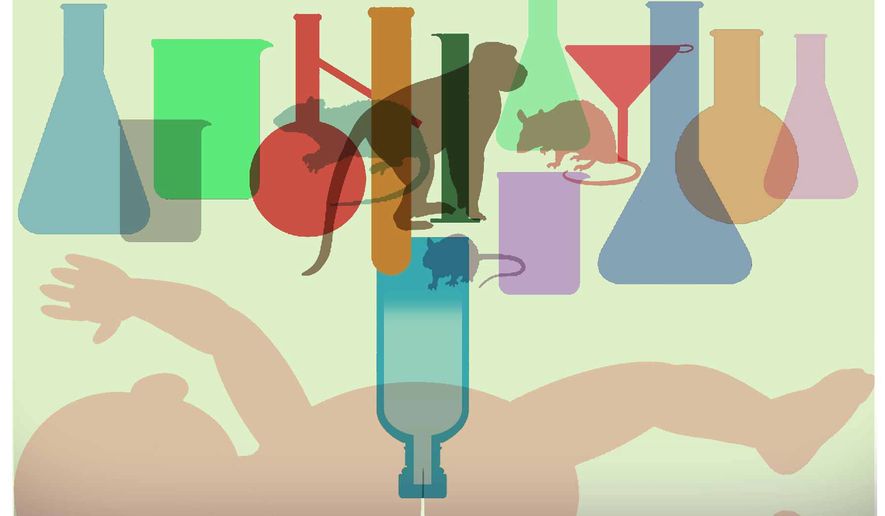OPINION:
Some years ago, my West Virginia hunting and fishing buddy was invited to appear on a local television station high in the mountains with an animal rights activist, a young vegan mother who brought her one-year-old daughter with her. In the midst of the discussion after the young lady argued that we humans ought to stop treating animals as our inferiors, my friend turned to her and asked a simple question. “After the show, you will have to drive back down the mountain with your daughter and I’m wondering what you would do if, as you round a curve, you see a raccoon or rabbit in the road and you have a choice: You can hit and probably kill it or you can swerve and possibly lose control of your car endangering you and your child. What would you do?”
The woman looked at my friend, her mouth opened, but she didn’t answer. Speechless, she couldn’t and wouldn’t say that she placed a higher value on the life of her daughter than on a raccoon. The incident was good television, but a sad commentary on the thinking of radical animal rights advocates. These are the folks who oppose not only hunting and fishing, but would outlaw all animal research and believe people who keep dogs and cats as pets are as bad as the slave masters of old. They are the devotees of people like Ingrid Newkirk, the founder of People for the Ethical Treatment of Animals (PETA) who declared famously that “a rat is a pig is a dog is a boy,” believes animal research and pet shops are equally evil and ought to be closed or burned, and said in 2006 that “even if animal experiments did result in a cure for AIDS, of which there is no chance, I’d be against it on moral grounds.”
People like Ms. Newkirk and Australia’s Peter Singer are often portrayed as simply favoring the humane treatment of animals in research and elsewhere, a position with which no one should disagree. Pets shouldn’t be mistreated and the use of animals in medical research should be undertaken only when needed to find treatments that will save human lives and the wide-scale suffering visited upon mankind by diseases like AIDS. That’s why the federal government and the medical profession itself have set standards and inspect facilities in which such testing is conducted. But advocating for the humane treatment of animals and promoting a philosophy that would have us treat rats and cockroaches as our equals are very different things.
This is a battle that has gone on for decades and isn’t likely to end soon. As one considers the current demands that primate research be outlawed, one should consider Ms. Newkirk’s insistence that in the case of AIDS as an example, such research is worthless. Even before she declared her opposition to animal research in the quest for treatment, medical researchers had found after utilizing mice in the laboratory that AZT, the first AIDS drug, would prove valuable. Later, research on lab animals allowed the development of the test for the virus used to safeguard the nation’s blood supply. Research involving animals in the lab has transformed the death sentence that once accompanied a positive AIDS/HIV test into news that a patient has a serious, but manageable chronic disease. In 1994, almost 50,000 people died of AIDS. That total has been cut by three-quarters over two decades thanks in large part to research involving animals — from mice to primates. That, in the real world, is the progress that has already saved millions thanks to the research that the animal rights fanatics would outlaw.
Animal rights activists today are focusing on efforts to win public support for a ban on any research involving primates perhaps because monkeys seem more loveable than mice and rats. But much of the progress made thus far — not only in fighting AIDS/HIV but in developing treatments for stroke victims and others — would not have been made but for such research.
Scientists have yet to discover a vaccine for AIDS, but finding one is a major goal of private and government research. If one is developed, it could save millions of lives in sub-Sharan Africa alone — lives that could well be lost if those who would ban any and all research involving animals get their way.
• David A. Keene is opinion editor at The Washington Times.




Please read our comment policy before commenting.